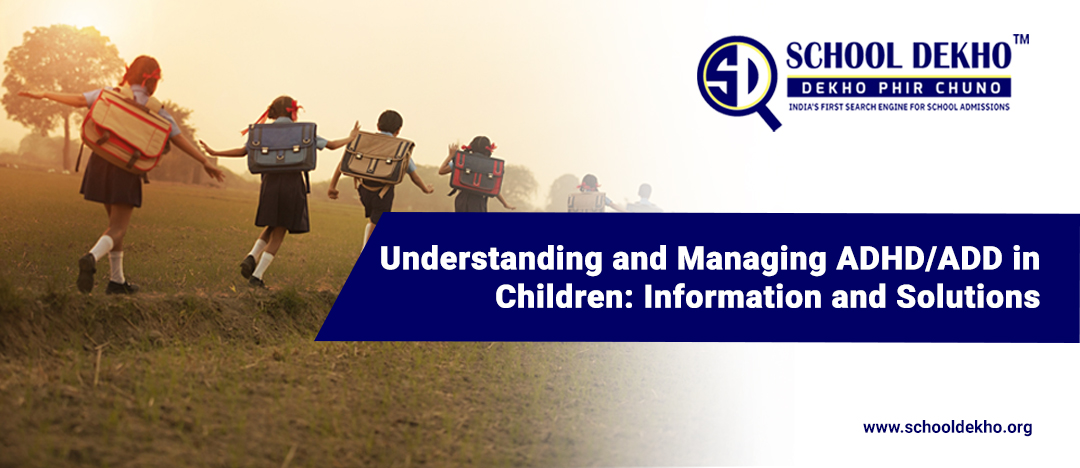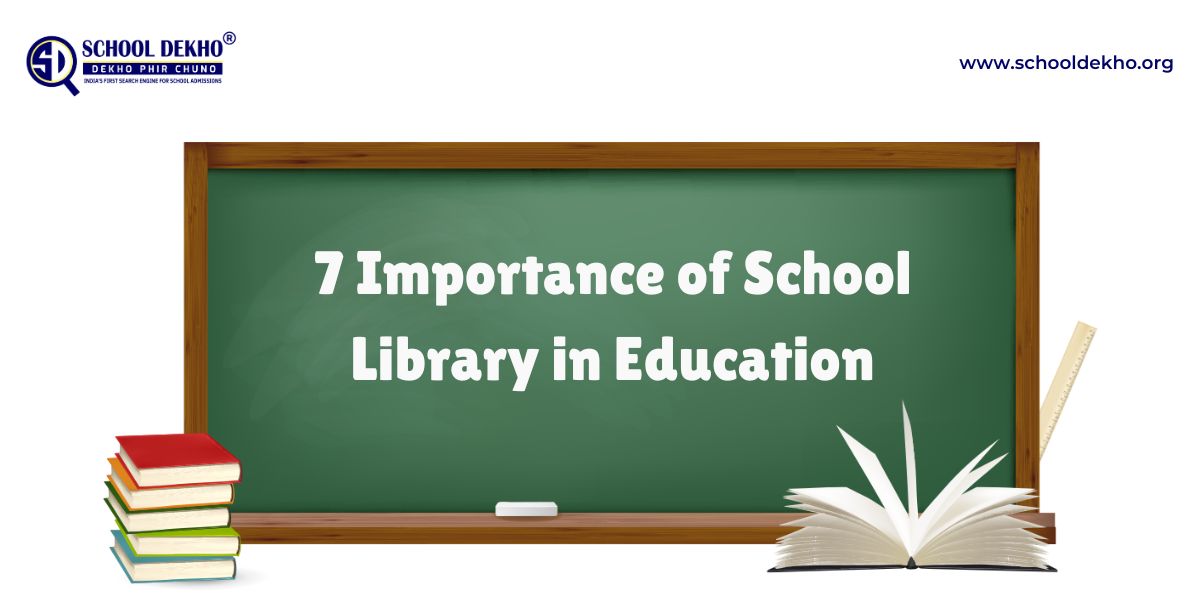
Understanding and Managing ADHD or ADD in Children: Information and Solutions
Attention deficit hyperactivity disorder (ADHD) and attention deficit disorder (ADD) are neurodevelopmental disorders that affect children's ability to concentrate, focus, and control impulsive behavior. Children with ADHD/ADD can struggle with schoolwork, social interactions, and daily life activities, causing frustration for both the child and their caregivers. In this article, we will explore the symptoms, causes, diagnosis, and treatment options for ADHD/ADD in children.
Symptoms
ADHD/ADD symptoms can vary widely among children, but they usually fall into three categories: inattention, hyperactivity, and impulsivity. Inattention symptoms include difficulty paying attention, following instructions, organizing tasks, and completing assignments. Hyperactivity symptoms include restlessness, fidgeting, excessive talking, and difficulty sitting still. Impulsivity symptoms include interrupting others, blurting out answers, and acting without thinking.
Causes
The exact cause of ADHD/ADD is unknown, but research suggests that genetics, brain structure and function, and environmental factors can all play a role. Children with a family history of ADHD/ADD are more likely to develop the disorder, and studies have found differences in brain activity and structure in children with ADHD/ADD compared to those without the disorder. Environmental factors such as exposure to toxins during pregnancy, premature birth, and early childhood trauma may also increase the risk of developing ADHD/ADD.
Diagnosis
Diagnosing ADHD/ADD in children typically involves a thorough evaluation by a healthcare provider, including a review of the child's medical history, behavioral assessments, and standardized rating scales completed by parents, teachers, and other caregivers. To receive a diagnosis, a child must meet specific criteria outlined in the Diagnostic and Statistical Manual of Mental Disorders (DSM-5).
Treatment
Treatment for ADHD/ADD typically involves a combination of medication and behavioral therapy. Stimulant medications such as methylphenidate and amphetamines can help improve attention and reduce hyperactivity and impulsivity. Behavioral therapy, including parent training and social skills training, can also be effective in helping children with ADHD/ADD improve their behavior and academic performance. Other interventions, such as classroom accommodations and assistive technology, may also be beneficial.
In addition to medication and therapy, there are several lifestyle changes that can help children with ADHD/ADD manage their symptoms. These include getting enough sleep, eating a healthy diet, exercising regularly, and minimizing screen time. Creating a structured routine and setting clear expectations can also help children with ADHD/ADD feel more organized and in control.
Conclusion
ADHD/ADD can be a challenging disorder for children and their families, but with the right treatment and support, children with ADHD/ADD can thrive. If you suspect that your child may have ADHD/ADD, it's important to speak with a healthcare provider to receive a proper diagnosis and treatment plan. By working together with healthcare providers, educators, and other caregivers, you can help your child manage their symptoms and reach their full potential.
Contact with Us
Call: 1800 - 2588 - 074
Mail: info@schooldekho.org
Student’s Best Education Portal | School Dekho | India's First School Search Engine | Best Schools Near Me | Find Schools Near Me | Dekho Phir Chuno
#dekhophirchuno







Leave your thought here
Your email address will not be published. Required fields are marked *